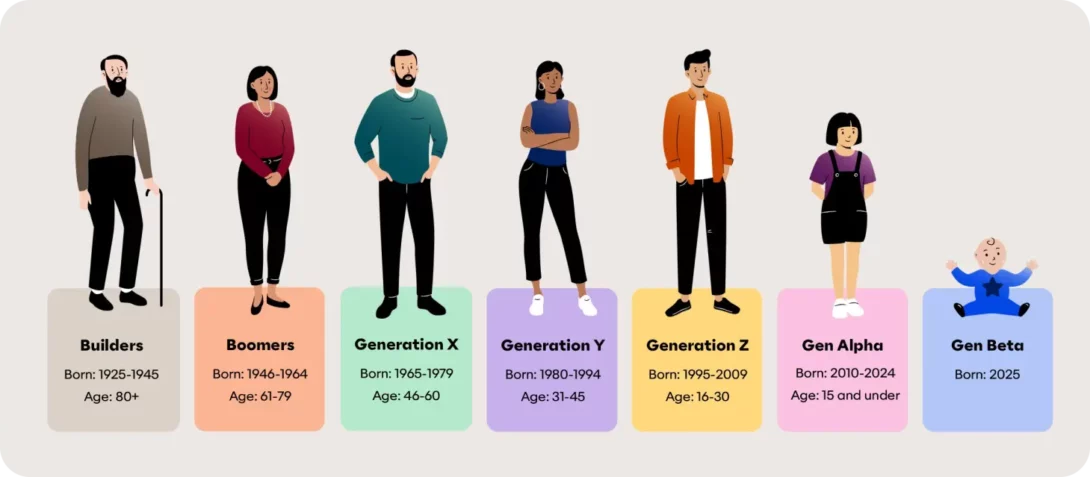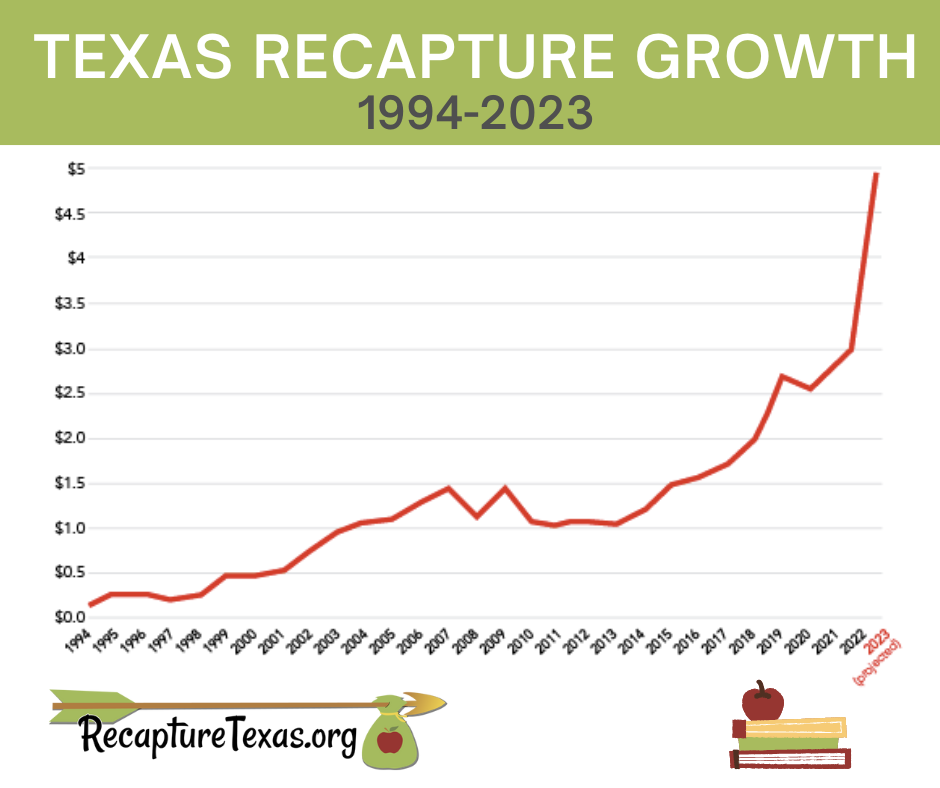The world is becoming increasingly expensive, and income isn’t growing relatively. Technological advancements promise better lives but incur greater costs in the financial aspect. The world continues to become more and more technologically advanced, though, and the option is either to advance with it or fall behind with little hope of achieving success.
How, then, does someone avoid a fate of living paycheck to paycheck? The answer is fairly simple and remains largely the same as it was for previous generations. The key is living below your means, being frugal with your money, and continuously investing excess money into long-term growth funds.
The issue of the modern-day world is the heavy reliance on credit and debt. While the Dave Ramsey point of view that you should never use a credit card is extreme — and wrong — the underlying idea is solid. The human brain is not coded to understand long-term consequences, or any consequences for that matter, for which it receives no real immediate punishment. A study by MIT proves this fact, equating spending with credit cards to using cocaine and amphetamines. The brain is conditioned for excitement when it uses a credit card, causing the customer to ignore prices and receive more dopamine when making purchases. To avoid this pitfall, the easiest solution is to simply avoid credit cards. While you need one to establish the credit necessary for buying a home or a car, do not treat it like your normal card. Have a set budget to spend on the credit card that you know you can pay back on time or early. A penny saved is a penny earned.
Sometimes, however, large purchases are necessary. Having a car, for example, is just a fact of life in the majority of America. Unless you never leave downtown, personal transportation is the basis of modern American life. But, just because a big purchase is necessary does not mean its size can’t be reduced. According to The Millionaire Next Door by Thomas J. Stanley and William D. Danko, most self-made millionaires spend barely any more than the average American on a car, and three-quarters did not own a new car at the time of the survey. In addition, 71.4% took some measure to save money on their purchase; this came in the form of shopping dealerships for the best deal, buying only used cars, or both. Cost-saving strategies apply to much more than just car shopping. You can minimize the cost of houses, college courses, expensive electronics and other such items through thorough searching for good deals or better alternatives.
One of the most effective ways to save money is, counterintuitively, to spend it; the trick is to spend it on the right things. Spending excess income, or necessary income, on frivolous purchases excessively prevents the accumulation of wealth. By instead spending money on long-term investments and paying off loans, the money spent can turn into money earned. Setting aside a certain percentage of every paycheck to invest into a growth fund, or dollar cost averaging, snowballs into large future earnings. The Investment Calculator is a good tool to get a rough approximation of how compound interest can make you money. Beyond investing money, using excess income to pay extra on loans can help drastically reduce the amount you pay long-term. This is the concept of paying down the principal; because all extra payments on a loan go toward the principal and not interest, the total amount you pay long-term can be significantly reduced.
While it is important to be frugal with your money, there is no reason to be miserly. The reason people save money is to eventually spend it. It is alright to save money for larger, frivolous purchases, but you can’t get sucked into always making such purchases. If you save correctly and live below your means early in life, you can live better than others later in life and feel prouder of your rewards without looming debt. According to a report from Positive Psychology, practicing delayed gratification strengthens your ability to prepare and think long-term, while also making long-term rewards more rewarding when they are achieved. If you practice these saving habits then you can lead a happier, more stable life.
The benefits of proper saving and budgeting are clear, and with self-discipline, everyone can engage in wealth-building strategies. Remember to avoid heavy use of credit, reduce the price of every purchase, invest in long-term growth funds, and pay off loans quickly, and you can spend money on the things you want guilt-free.









